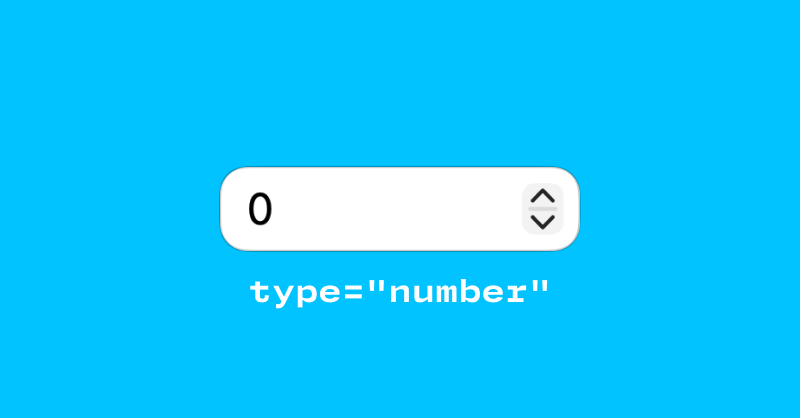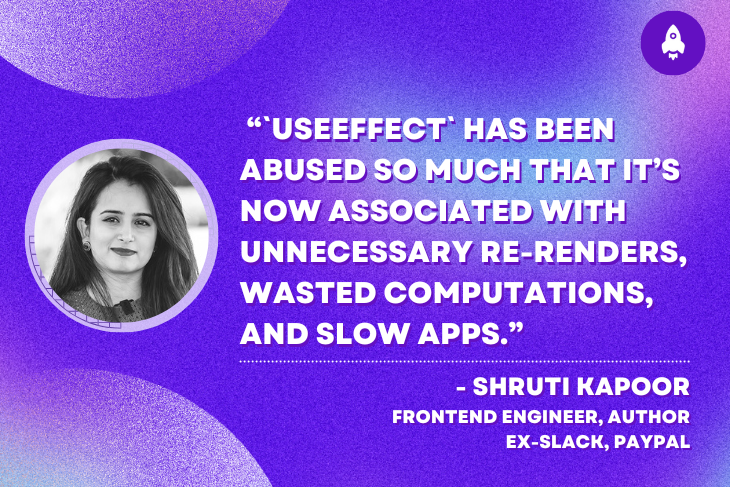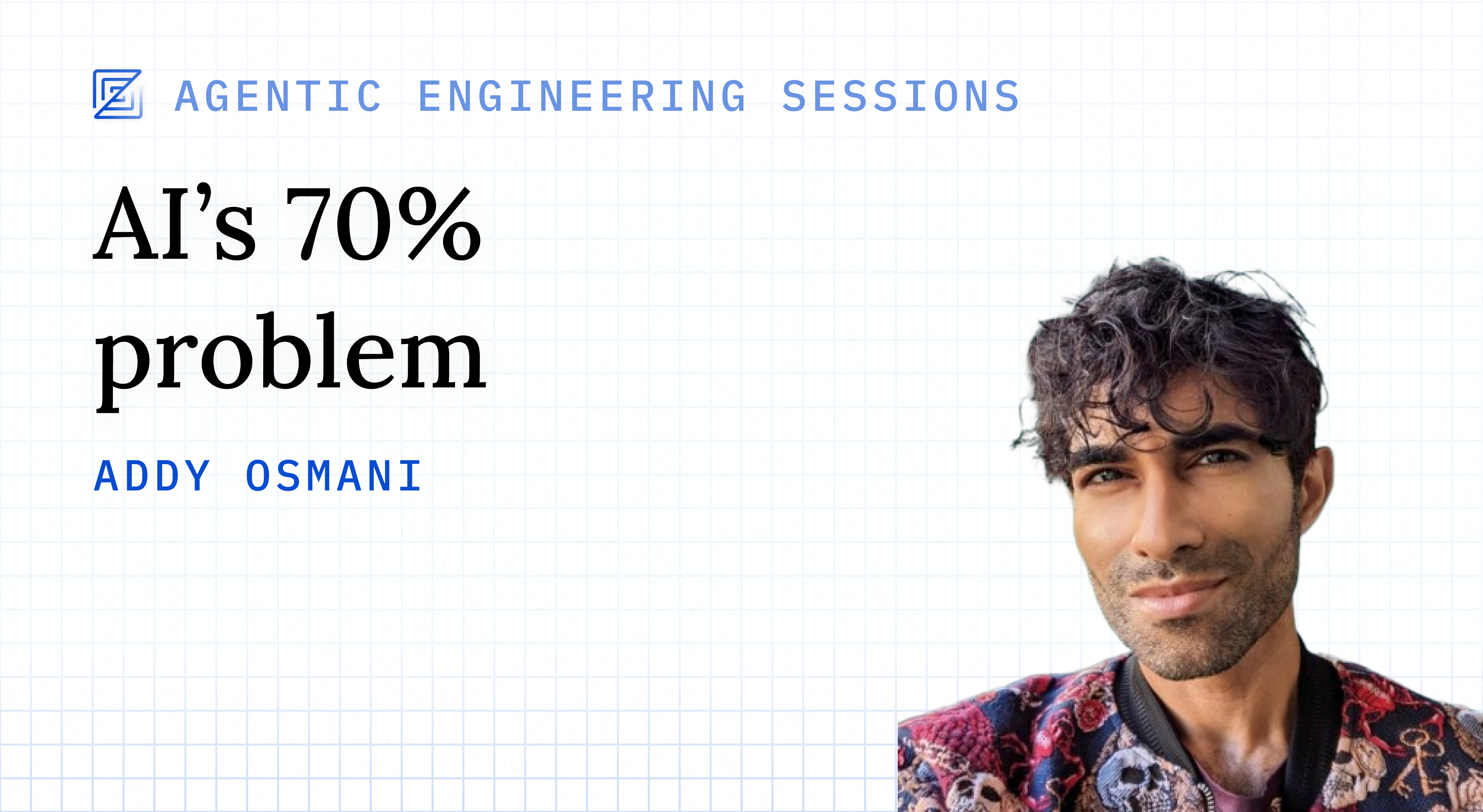London based software development consultant
- 212 Posts
- 34 Comments

 5·8 days ago
5·8 days agoHis experiences reveal a pattern: AI can rapidly produce 70% of a solution, but that final 30% – edge cases, security, production integration – remains as challenging as ever. Meanwhile, trust in AI-generated code is declining even as adoption increases.
I’m very much intrigued by this contradiction where where adoption of AI is increasing, but the trust in the code it generates is declining. Is it a case of the more developers use AI coding tools, the more they become aware of the shortcomings and problems?

 1·9 days ago
1·9 days agoI’m guessing that the author said this to warn people not to rely on this technique, as it’s not part of the specification. Does it behave consistently across all browsers?
I know what you mean. Quite often when I’ve worked in a project where there is a pull request template, a lot of the time people don’t bother to fill it out. However, in an ideal world, people would be proud of the work that they’ve delivered, and take the time to describe the changes when raising a pull request.

 31·17 days ago
31·17 days agoI’m confused why people are voting down an article about AI in an AI community, discussing small language models, which are much better in terms of energy consumption and the environment.

 1·17 days ago
1·17 days agoI stumbled upon this article after reviewing a pull request, where someone was unit testing the abstract base class. I’m of the opinion that base classes should not be tested. We don’t want to be testing the architecture of an application, we want to be testing the behaviour. The author sums this up nicely with this point:
For tests, though, it shouldn’t matter whether the classes under test share the domain logic or duplicate it. Tests should view all production code as a black box, and approach verifying it with a blank slate. Otherwise, such tests will start couple to the code’s implementation details.

 6·17 days ago
6·17 days agoI’m not an architect, but I do dislike how much of development work has AWS wrangling, dealing with the architectural hoops that are mentioned in the article

 1·18 days ago
1·18 days agoI am wondering about this too. The article, ActivityPub on a (mostly) static website, goes into detail about what is involved.

 4·18 days ago
4·18 days agoThings are getting easier. Many of the JavaScript runtimes support TypeScript out of the box now.
Oh, it’s not my own blog, I just stumbled upon it, and wanted to share the post.

 51·19 days ago
51·19 days agoBack in the day, I used CakePHP to build websites, and it had a tool that could “bake” all the boilerplate code.
You could use a snippet engine or templates with your editor, but unless you get a lot of reuse out of them, it’s probably easier and quicker to use an LLM for the boilerplate.

 3·20 days ago
3·20 days agoI also make use of ‘⚠’ to mark significant/blocking comments and bullet points. Other labels, like or similar to conventional comment prefixes, like “thought:” or “note:”, can indicate other priorities and significance of comments.
Thank you for introducing me to conventional comments! I hadn’t heard of them before, and I can see how they’d be really useful, particularly in a neurodiverse team.

 1·20 days ago
1·20 days agoThe issue was they changed their server URL and added www, so I’ve updated the link accordingly.

 1·21 days ago
1·21 days agoHow strange. It was definitely working when I shared it.

 3·21 days ago
3·21 days agoVulkan?
I’m not too familiar with either, but this article goes into more detail: A Comparison of Modern Graphics APIs

 2·22 days ago
2·22 days agoOllama uses the Metal API on Apple Silicon Macs for GPU acceleration.

 3·22 days ago
3·22 days agoHow does one measure code quality? I’m a big advocate of linting, and have used rules including cyclomatic complexity, but is that, or tools such as SonarQube, an effective measure of quality? You can code that passes those checks, but what if it doesn’t address the acceptance criteria - is it still quality code then?
There is Whisper IME.

 1·26 days ago
1·26 days agoWhat I got from the article is an example of how generative AI can fix a bug, if you provide it with a reproducing case. Yet funnily enough, the AI introduced a bug in the first place by using an older version of a dependency.

 4·26 days ago
4·26 days agoThe author of the article is Dan Abramov, the co-creator of Redux and a prominent React contributor. Putting aside what you may think of vibe coding, there is little doubt that he is an experienced developer, that knows what he is doing.


















/https://andros.dev/media/thumbnails/sass.png)







I stumbled upon this article as I was having issues with my LSP setup for TypeScript projects. However, in my case, it appears the bug is in the plug-in nvim-lspconfig.